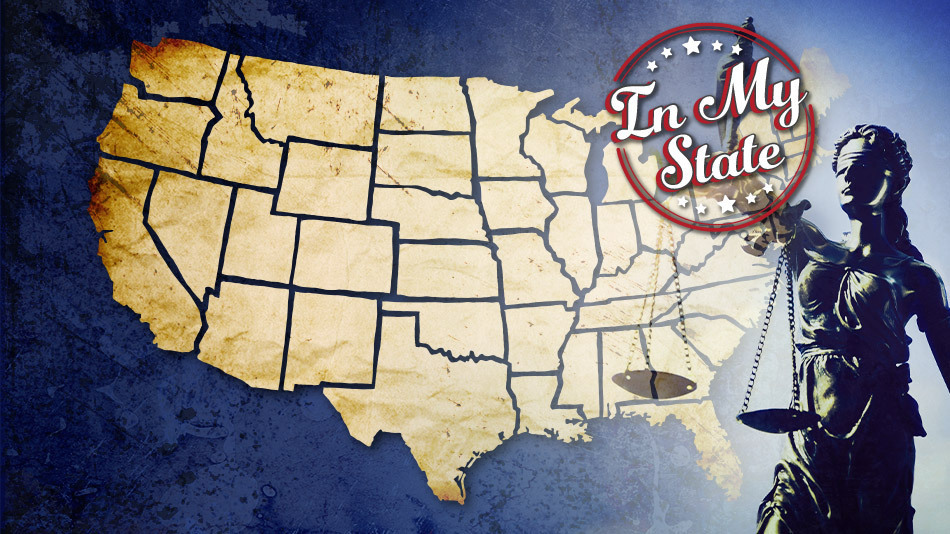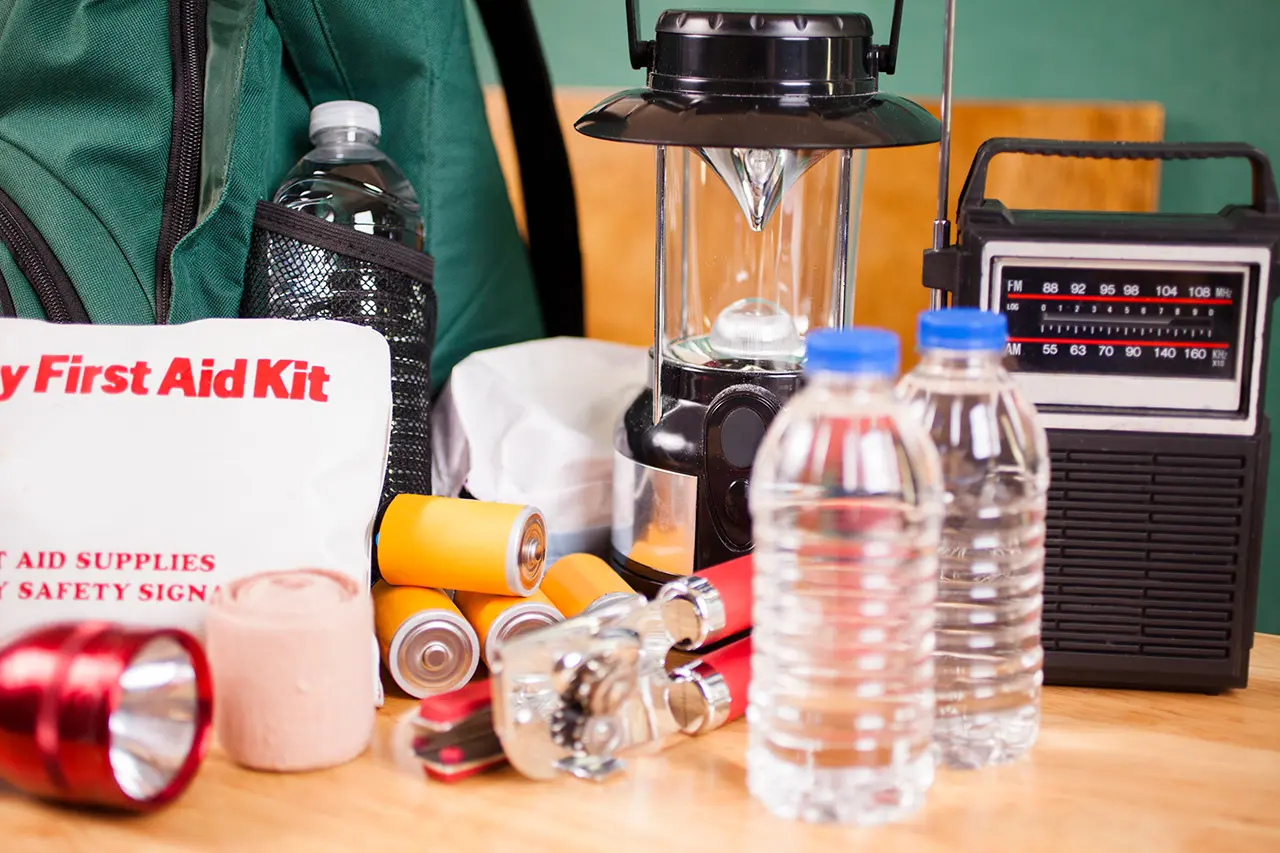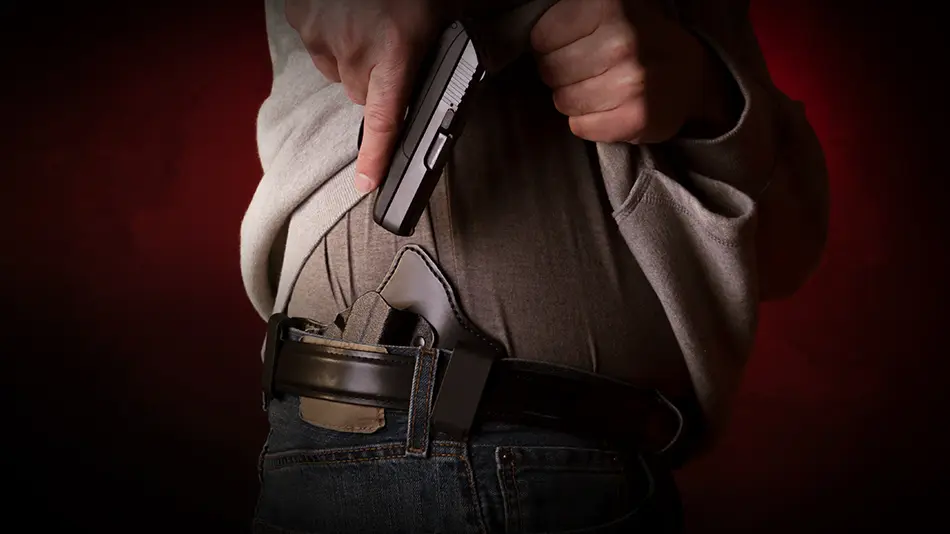
The right to keep and bear arms is a fundamental, but not unlimited, right. There are several ways a person can lose the right to possess firearms and ammunition.
Felony Offense
One way a person may become prohibited from possessing a firearm or ammunition is if he or she is convicted of a felony offense. Under state and federal law, such a conviction would prohibit an individual from possessing firearms or ammunition. See Va. Ann. Code 18.2-308.2 and 18 U.S.C. 922(g)(1).
Involuntary Mental Health Commitment
Another common way an individual may lose their right to keep and bear arms is through an involuntary mental health commitment. See Va. Ann. Code 18.2-308.1:3 and 18 U.S.C. 922(g)(4). Virginia provides a process to restore gun rights after a state-based felony conviction or involuntary mental health commitment that occurred in Virginia. If a person successfully gains an unconditional gun rights restoration in Virginia, it will automatically restore their gun rights under federal law, unless other prohibitions apply. See Caron v. United States 524 U.S. 308 (1998). However, even after receiving such a restoration in Virginia, the individual would have to be careful if traveling or moving, as not every other state will recognize the Virginia rights restoration. In fact, Virginia only recently started recognizing gun rights restorations from other jurisdictions through Va. Ann. Code 18.2-308.2(B). Residents may not have anything else on their records from another state that might prohibit firearms possession.
Restoration After a State Felony Conviction
Before a Virginian can seek restoration of his or her gun rights due to a state felony conviction, he or she must apply to the Secretary of the Commonwealth to have his or her civil rights (right to vote, serve on a jury, and hold office) restored. If the individual was sentenced to any period of incarceration because of the felony conviction, he or she must wait until the end of their prison term to file the application. Once an individual’s civil rights have been restored, the next step is to file a petition for gun rights restoration in the circuit court where the individual resides. If the person seeking gun rights restoration does not reside in Virginia, then the petition is filed in the circuit court in which the last Virginia felony conviction occurred. See Va. Ann. Code 18.2-308.2(C). The Commonwealth can choose to oppose the petition, and either the Commonwealth or the Petitioner can request a hearing. The court will then decide if good cause has been shown as to the restoration of the individual’s gun rights. If the court grants the petition, the individual’s rights to purchase, possess, and transport firearms and ammunition within Virginia are restored.
Restoration After Involuntary Commitment
The process for restoring gun rights after an involuntary mental health commitment, which includes any mental health commitment ordered by a magistrate or judge, is similar to the process for restoring gun rights after a felony. In both situations, the Commonwealth may be represented by the prosecutor’s office, who can oppose the petition. If the commitment occurred in Virginia, an unconditional restoration by a Virginia judge would automatically restore rights both at the federal level and within Virginia.
The key differences when restoring gun rights from a mental health commitment are: (1) the courts involved, (2) the standard that the judge must follow in order to restore gun rights, and (3) the specific types of evidence that the courts will examine in making that determination. While restorations from a state felony conviction occur in circuit court, a restoration from a mental health commitment will occur in the general district court of residence (if within Virginia) or in the general district court in which the last commitment occurred (for those who reside outside of Virginia). The statute controlling restoration of rights from a mental health commitment in general district court can be found at Va. Ann. Code § 18.2-308.1:3(B), which allows the court to consider the circumstances surrounding the person’s prior commitment, along with treatment records and testimony presented from character witnesses. If the court determines that the person will “not likely act in a manner dangerous to public safety and that granting the relief would not be contrary to the public interest,” then the court shall grant the restoration, thereby restoring the petitioner’s firearm rights.
Because restoration of gun rights is a complex topic that involves both state and federal laws, we recommend that you call U.S. LawShield and speak with an Independent Program Attorney who can help you understand any nuances that you need to be aware of if you are contemplating a gun rights restoration.
The information provided in this publication is intended to provide general information to individuals and is not legal advice. The information included in this publication may not be quoted or referred to in any other publication without the prior written consent of U.S. LawShield, to be given or withheld at our discretion. The information is not a substitute for, and does not replace the advice or representation of a licensed attorney. We strive to ensure the information included in this publication is accurate and current, however, no claim is made to the accuracy of the information and we are not responsible for any consequences that may result from the use of information in this publication. The use of this publication does not create an attorney-client relationship between U.S. LawShield, any independent program attorney, and any individual.





Leave A Comment